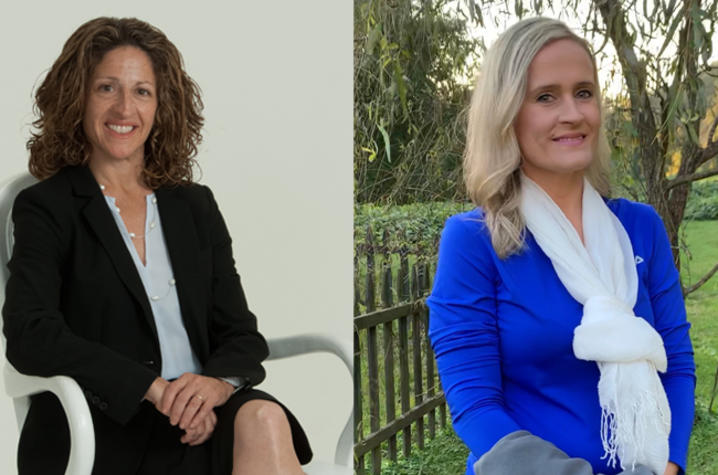New Research Aims to Improve Health Among Rural Appalachians Through Personal Technology
LEXINGTON, Ky. (Nov. 9, 2020) — The National Institutes of Health/National Heart Lung and Blood Institute recently awarded a five-year $3.8 million grant to the University of Kentucky to begin a new study aimed at improving diet and activity among rural Appalachian Kentuckians.
In partnership with local communities, this project is being led by Nancy E. Schoenberg, Marion Pearsall Professor of Behavioral Science in the University of Kentucky’s College of Medicine and director of UK’s Center for Health Equity Transformation, and Deanna Lee Sherman, a resident of Harlan County and project manager.
Schoenberg and her community partners have developed numerous health promotion randomized controlled trials that leverage UK-community partnerships. Partners include faith-based entities, local health care facilities, schools, community centers and other local organizations. Current NIH-funded research projects include a diabetes management program and a child nutrition program located in Eastern Kentucky.
The new research effort will test whether a program, Make Better Choices 2 (MBC2), can improve diet and physical activity among 300 community members in Eastern Kentucky. The MBC2 intervention integrates four approaches: an interactive app, personalized health coaching, Fitbits and financial incentives. MBC2 will be conducted among rural Appalachian Kentuckians, a population at high risk for cardiovascular disease, obesity, diabetes, cancer, and other chronic conditions that can be improved by diet and physical activity.
“For the past 16 years, we have teamed up with talented and committed local residents to create health programming that people feel is important,” Schoenberg said. “We listen to community health priorities and find the most innovative programs and approaches in the research. Then, we make sure they fit here. The team draws on central components of implementation science: community-engagement, evidence-based behavioral programming, and cultural adaptation.”
The team will test whether MBC2 can lead to meaningful and sustained behavioral changes, ultimately preventing excess morbidity and mortality. MBC2 previously produced statistically significant improvements in diet and physical activity and participants were able to keep up the positive changes.
“This newest program focuses on diet and activity and works very well in a big city, helping people eat better and move more,” Schoenberg said. “But we need to make it work here.”
The increasing use of personal technology by rural, underserved populations, with support from trained, culturally similar health coaches, offers a new opportunity to improve lifestyle behaviors and reduce health inequities.
“Like all of the U.S., Eastern Kentuckians could stand to improve their diets and get more exercise. Through this project, we will provide an evidence base to show the rest of the nation how to have healthier lives over many years,” Schoenberg said.
“With new sources of technology available to the project, the timing of the project is an exciting one,” Sherman said. “This is an incredible opportunity for our Eastern Kentuckian communities to help lead the way in promoting healthy living.”
Project leadership expects to start recruiting participants in the late spring. Participation will be open to any Eastern Kentucky resident 18 and older meeting health and health behavior eligibility requirements. All must have a cell phone and agree to use it for the project.
Research reported in this publication was supported by the National Heart Lung and Blood Institute of the National Institutes of Health under Award Number R01HL152714. The content is solely the responsibility of the authors and does not necessarily represent the official views of the National Institutes of Health.
For more information about the project, contact Deanna Lee Sherman at dleesherman@uky.edu.
As the state’s flagship, land-grant institution, the University of Kentucky exists to advance the Commonwealth. We do that by preparing the next generation of leaders — placing students at the heart of everything we do — and transforming the lives of Kentuckians through education, research and creative work, service and health care. We pride ourselves on being a catalyst for breakthroughs and a force for healing, a place where ingenuity unfolds. It's all made possible by our people — visionaries, disruptors and pioneers — who make up 200 academic programs, a $476.5 million research and development enterprise and a world-class medical center, all on one campus.






